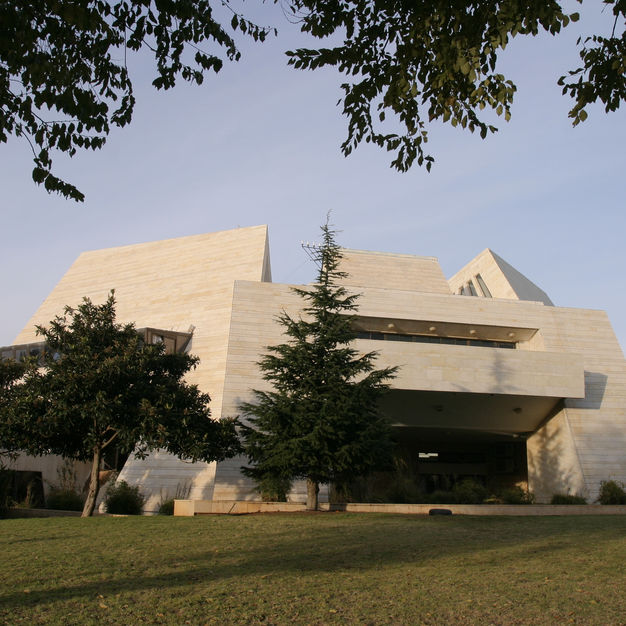
KMTT - the Torah Podcast
Ezra Bick
A 30-40 shiur on a Torah topic, every working day, from Yeshivat Har Etzion and the VBM.
- 40 minutes 57 secondsVaera | Pharaoh's Wizards (and the Parenthetic Phrase)
Vaera | Pharaoh's Wizards (and the Parenthetic Phrase), by Rav Yitzchak Etshalom
Why did the חרטומים imitate the first two plagues - and why were they stymied at the third?
חרטומי מצרים - the wizards of Egypt - make 5 appearances in the Exodus narrative; the first and last are easily understood but the 2nd (in the context of the plague of blood) the 3rd (frogs) and the 4th (lice) are difficult to decipher. By reading some of these passages as parenthetic texts (מאמר המוסגר), a solution is suggested.
22 January 2025, 9:00 am - 32 minutes 40 secondsRamban on the Torah | 5785 | 12 | Shemot
Ramban on the Torah | 5785 | 12 | Shemot, by Rav Eli Weber
On the Ramban's idea that every sefer in the Torah is a separate entity: on the one hand, a stand-alone sefer, but of course, also the continuation of Bereishit and the introduction to Vayikra.
20 January 2025, 11:39 am - 45 minutes 22 secondsThe Education of Pharoah
The Education of Pharoah, by Rav Yitzchak Etshalom
As we begin our reading of Sefer Shemot, the grand story of Yetziat Mitzrayim unfolds before our eyes. We are all aware of the "Ten Plagues" with which Hashem punished the Egyptians - but why was there a need for plagues at all? If the goal was to redeem His "firstborn son" to be free to worship Him - there are many ways that God could have rescued them without afflicting their oppressors. We examine the sequence and presentation of the "plagues" and note a curious pattern which helps us to decipher a broader educational goal with which God addressed Pharaoh and his people.
16 January 2025, 10:45 am - 30 minutes 17 secondsRamban on the Torah | 5785 | 11 | Vayechi [complete]
Ramban on the Torah | 5785 | 11 | Vayechi, by Rav Eli Weber
Why did Yaakov make Yosef swear to bury him? Where does a miracle come into play? Why does Yaakov curse Shimon and Levi?
We apologize for the missing minutes at the end of this episode. The recording has been replaced.
10 January 2025, 11:16 am - 32 minutesVayechi | Ad Ki Yavo Shilo: Solving A Biblical Riddle
Vayechi | Ad Ki Yavo Shilo: Solving A Biblical Riddle, by Rav Yitzchak Etshalom
Yaakov's deathbed blessing to Yehuda, at which point he appoints/designates or foretells his fourth son's ascendancy to leadership of the nascent nation, is replete with philological and exegetical difficulties. The central verse of his blessing, verse 10, is not only opaque and subject to a wide range of interpretations, it also became a cause celebre in medieval Jewish-Christian polemics due to the possible Messianic allusions contained therein. We survey some of the history of interpretation and then propose a novel approach which takes into account the classic challenges raised to the text.
9 January 2025, 10:30 am - 49 minutes 48 secondsAsara BeTevet | History and Laws
Asara BeTevet | History and Laws, by Rav Eli Weber
7 January 2025, 3:20 pm - 29 minutes 39 secondsThe Mysterious Date of Chanuka
The Mysterious Date of Chanuka, by Rav Yitzchak Etshalom
Why does Chanuka begin on the 25th of Kislev?
Every other day that is marked in our calendar for celebration has a clear source as to why that date was chosen. In the case of festivals marked in the Torah - that is the source. In the case of Purim, the text records that the Jews of the Persian Empire celebrated on the 14th (and, in Shushan, on the 15th) of Adar and declared that those days will be kept for generations. There is, however, no clear source as to why Hanukkah begins on the 25th. Suggestions, such as that that was the day the battle for Yerushalayim was won or that was the day that the Mikdash was finally under Jewish control don't fit with what we know about the history of the event. The Mikdash had to be cleansed, the defiled altar destroyed and the new one built. Furthermore, there is evidence in Megilat Ta'anit that the Hashmonaim had control of the Mikdash already in the month of Marcheshvan - over 4 weeks earlier. Why did they wait to renew the Avoda? This mystery and a number of others are addressed in this shiur.
2 January 2025, 1:16 pm - 29 minutes 46 secondsRamban on the Torah | 5785 | 10 | Vayigash
Ramban on the Torah | 5785 | 10 | Vayigash, by Rav Eli Weber
What's the purpose of Yehuda's speech? Why does Yehuda quote Yaakov as saying his wife had two sons? What was it that moved Yosef so much?
2 January 2025, 1:07 pm - 31 minutes 49 secondsVayigash | Yaakov's Daughters
Vayigash | Yaakov's Daughters, by Rav Yitzchak Etshalom
How many daughters did Yaakov have? (it's not so simple...)
As we all know, Yaakov had 12 sons and one daughter; he had over 45 grandsons and - one granddaughter. This is the information given to us throughout the second half of Bereishit, culminating in the list of emigres to Egypt in Bereishit 46. The statistical improbability of this gender gap is difficult; in addition, the text makes several references to the "daughters" of Yaakov. We survey the opinions of several of the Rishonim in grappling with this problem and then discover a (possibly) surprising approach adopted by both Shmuel David Luzzato as well as R. Naftali Zvi Yehuda Berlin, contemporaneously in two corners of the 19th century Jewish world.
2 January 2025, 12:59 pm - 12 minutes 9 secondsRamban on the Torah | 5785 | 09 | Miketz - Chanuka
Ramban on the Torah | 5785 | 09 | Miketz - Chanuka, by Rav Eli Weber
What does the Torah have to do with Chanuka? Why is the commandment for the menorah where it is? What did the brothers feel guilty of? Why did the brothers lie to Yaakov?
29 December 2024, 9:58 am - 32 minutes 31 secondsChanuka | "Mizmor Shir Chanukat haBayit...leDavid?"
"Mizmor Shir Chanukat haBayit...leDavid?" An analysis of Psalm 30 and its association with Chanuka, by Rav Yitzchak Etshalom
Why is there a psalm titled "Mizmor Shir Hanukkat haBayit leDavid" - if David never saw the Mikdash built?
A custom is recorded in Maskhet Soferim (c. 9th century) to recite Psalm 30 on Hanukkah. We study the psalm, exploring the meaning of the words, structure of the psalm and its powerful message - and then present an innovative explantion as to the propriety of its recitation on Hanukkah. Along the way, several methodological strategies for the study of Tehillim are presented.
26 December 2024, 10:53 am - More Episodes? Get the App
Your feedback is valuable to us. Should you encounter any bugs, glitches, lack of functionality or other problems, please email us on [email protected] or join Moon.FM Telegram Group where you can talk directly to the dev team who are happy to answer any queries.
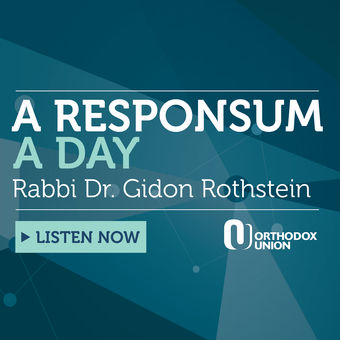 A Responsum a Day
A Responsum a Day
 KESHET - The Torah Podcast
KESHET - The Torah Podcast
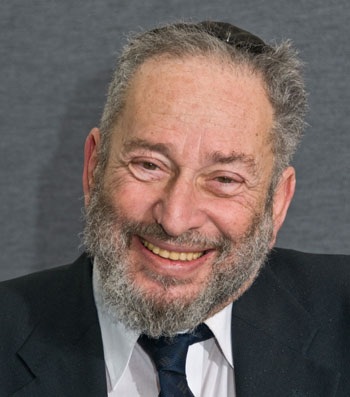 Rabbi Brovender Parsha Shiur
Rabbi Brovender Parsha Shiur
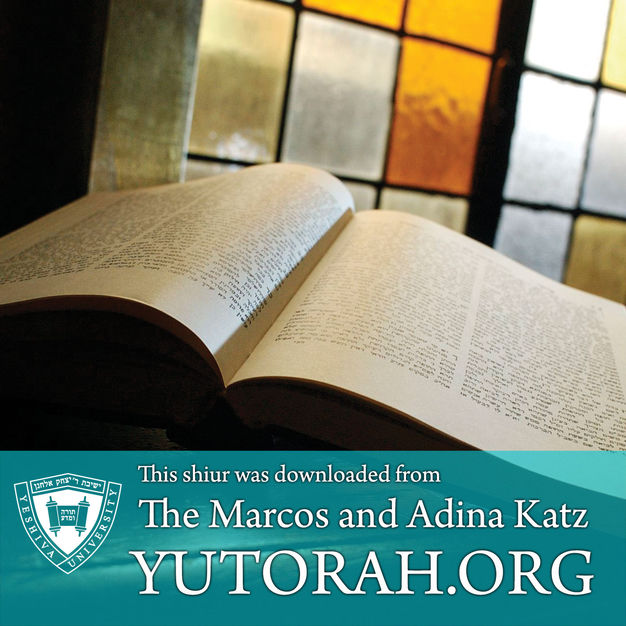 YUTORAH: Kollel Yom Rishon -- Recent Shiurim
YUTORAH: Kollel Yom Rishon -- Recent Shiurim
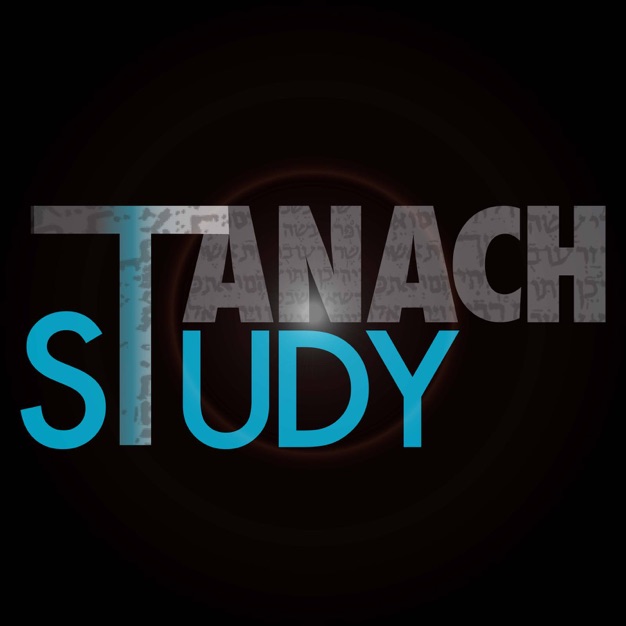 Tanach Study
Tanach Study